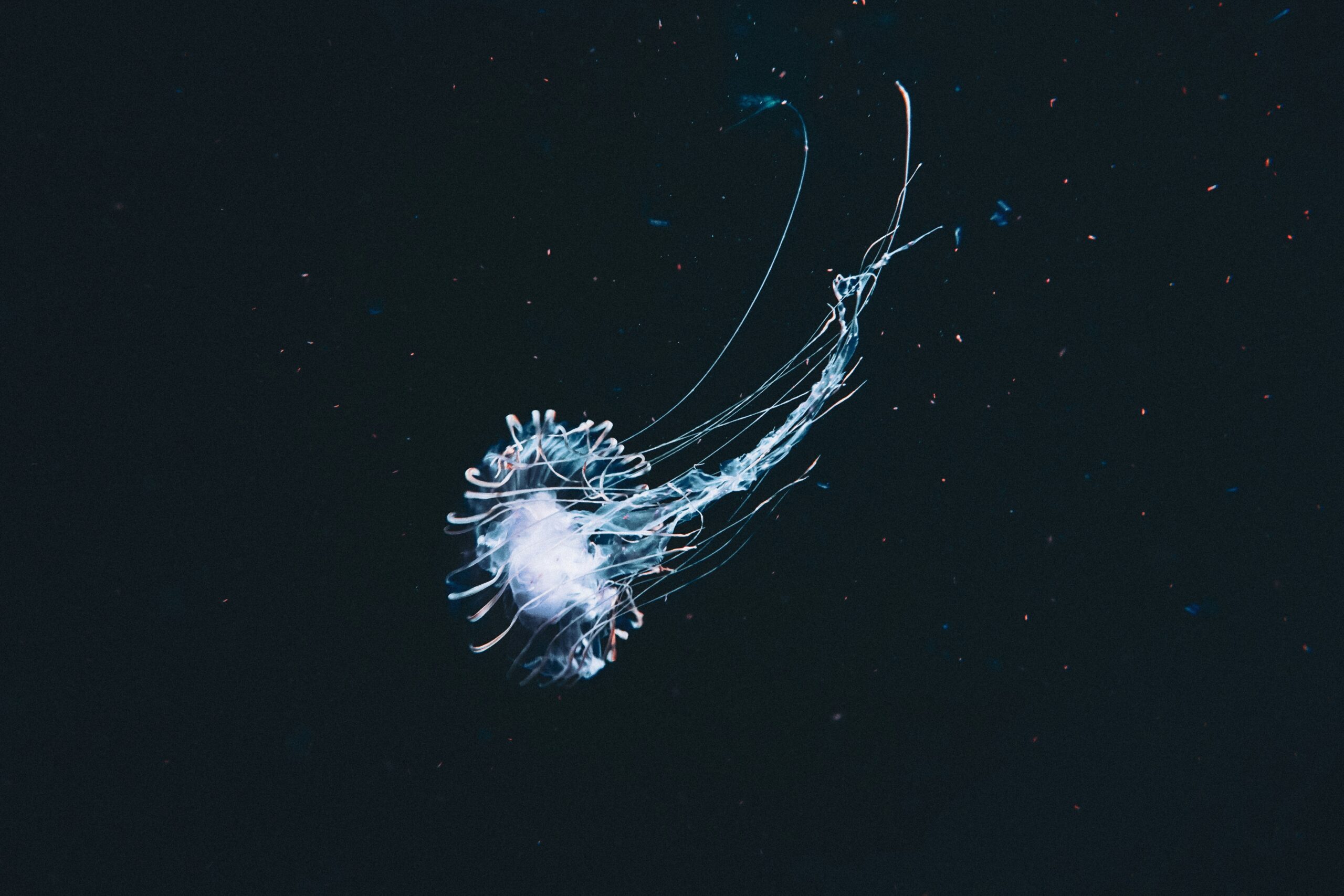Photo by Sindy Sussengut
The Ocean Census, a global initiative launched in 2023 by The Nippon Foundation in collaboration with the UK-based ocean research institute Nekton, aims to discover at least 100,000 new marine species within the next ten years. As part of this ambitious effort to accelerate marine biodiversity discovery, the Ocean Census has now embarked on a deep-sea expedition in Japan, partnering with the Japan Agency for Marine-Earth Science and Technology (JAMSTEC). Utilising the renowned submersible Shinkai 6500, the 20-day voyage will explore biologically rich regions within Japan’s Exclusive Economic Zone, including the Nankai Trough and Shichiyo Seamounts. The mission seeks to uncover species previously unknown to science and highlights Japan’s leadership in ocean technology and deep-sea research. All findings will be openly shared through the Ocean Census Biodiversity Data Platform, fostering global collaboration in marine science.
According to the project’s organisers, this initiative is necessary because less than 10% of marine species are currently known to science, leaving much of the ocean’s life undocumented. The Ocean Census seeks to bridge that gap by combining deep-sea expeditions with next-generation taxonomy, DNA sequencing, and open-access data sharing.
Fieldwork forms a key part of the mission, with over ten research expeditions already completed in regions such as the Arctic, South Pacific, and waters off Japan. In these surveys, scientists have already identified more than 860 potentially new marine species, including a rare guitar shark near East Africa and novel sea stars in Arctic waters, as reported by The Telegraph.
The Ocean Census model relies on three pillars: exploration, analysis, and open data. Exploration campaigns use divers, submersibles, and robotic vehicles to access biodiversity hotspots. The collected specimens are then analysed at international biodiversity centres—such as the initial hub at Oxford University Museum of Natural History—where rapid DNA and imaging technologies are applied. This new approach, termed cyber-taxonomy, is designed to reduce the traditional species classification timeline from years to months, according to project partners.
To ensure broad public benefit, all discoveries are shared through the Ocean Census Biodiversity Data Platform, making them accessible to researchers, governments, and educators worldwide. This strategy has earned the initiative formal recognition as part of the UN Decade of Ocean Science for Sustainable Development, aligning it with global biodiversity and sustainability goals.
Recent work with Japanese research agency JAMSTEC saw the team deploy the deep-sea submersible Shinkai 6500 in a June 2025 expedition, collecting new species and ecological data from unexplored marine areas.
The project’s lead scientists argue that this effort is urgent. As reported by Mongabay, the accelerating pace of ocean degradation could lead to species extinction before they are even discovered. By rapidly identifying new life forms and understanding their roles in ocean ecosystems, Ocean Census aims to support more informed conservation policy and stewardship.
Environmental data platform UNEP-WCMC, which supports the initiative’s digital infrastructure, notes that democratizing access to species data is also crucial for empowering nations, particularly in the Global South, to manage their own marine resources.
The Ocean Census represents one of the largest coordinated biodiversity missions ever attempted in the marine realm. Organisers believe that by combining global scientific collaboration, open access, and technological innovation, the initiative could change our understanding of ocean life—and its importance to the planet—within a single generation.
